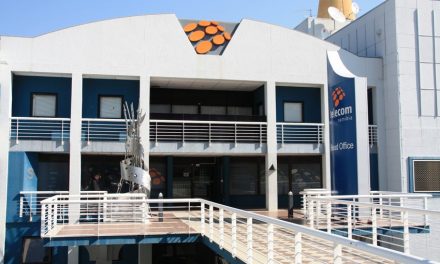
Unlocking women’s economic potential
The government through the Ministry of Trade and Industry in partnership with the International Trade Centre (ITC), a joint organ of the United Nations and the World Trade Organisation, earlier this week launched the ACCESS! Programme in Namibia. ACCESS! is a trade-related technical assistance programme jointly implemented by the ITC and the Namibia Trade Forum, with funding support from the government.
The programme was launched to enable women entrepreneurs to tap into new markets and increase their exports as well as help women realise their economic potential thereby contributing to poverty reduction and improved standards of living. Delivering the key note address at the launch, Deputy Minister of Trade and Industry, Hon Tjekero Tweya said, “The ministry is launching today the ACCESS! Programme to create a trained vibrant local women business segment that is capable of responding to commercial opportunities in the domestic and international market place”. Tweya added that the collaboration of and assistance by the International Trade Centre in business support services, will provide export capacity building training for women entrepreneurs. The project will be implemented in two phases, the first phase being the training of trainers which started this week in Windhoek and runs until 03 October.
The training of trainers is a crucial first step in certification of ACCESS! National Trainers, allowing them to learn how to train women entrepreneurs to address constraints they are facing in doing business. The second phase of the programme is the actual training of women entrepreneurs in all 14 regions. The candidate trainers will be invited to put theory into practice in the context of pilot workshops, during which candidate National Trainers will be tested and assessed in a class of women entrepreneurs. Said Tweya, “The ministry will play the central coordinating role and will provide the bulk of the resources needed to raise the level of export services delivered to the local women business community.” “Priority attention will be paid to nurturing those small, less export-ready enterprises which have the potential to make a progressively larger contribution to value distribution,” he added. The deputy minister highlighted why the emphasis is on women and how the programme will be implemented to benefit the previously disadvantaged and said, “To answer to that, let me say that this is a targeted intervention towards women empowerment given their disadvantaged status economically.” Since the launch of the ACCESS! Programme in 2005, more than 2600 businesswomen in 19 sub-Saharan countries have benefited and expanded their export capacities.












































